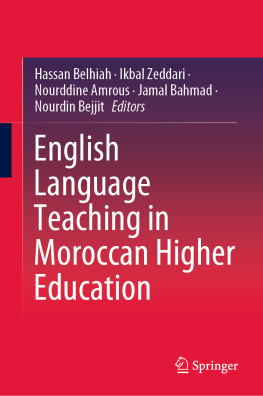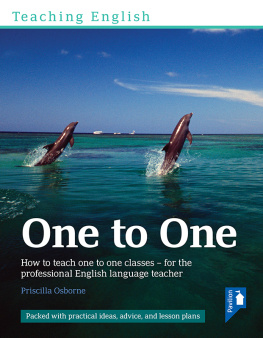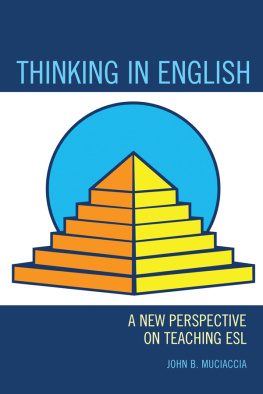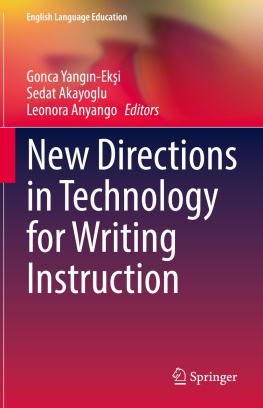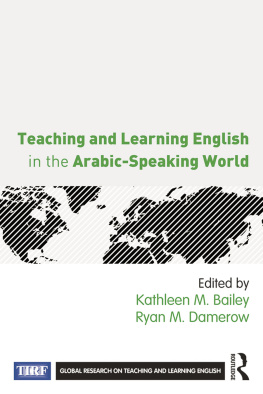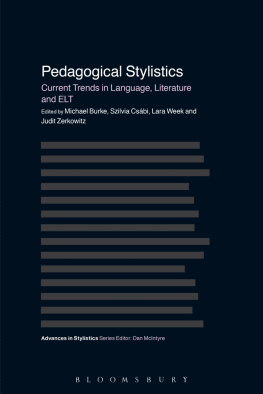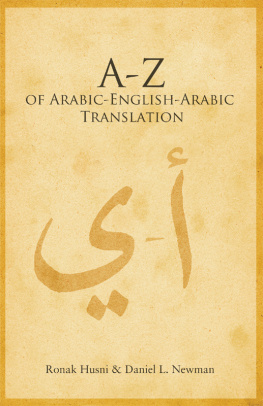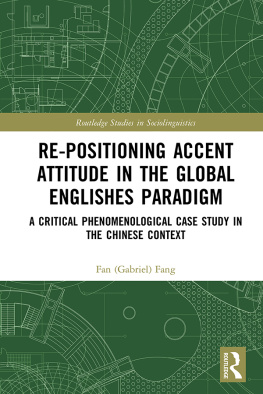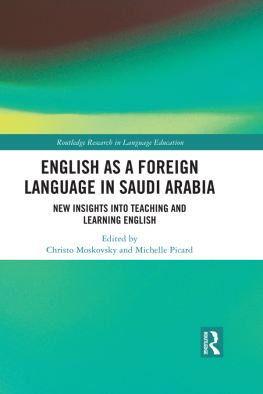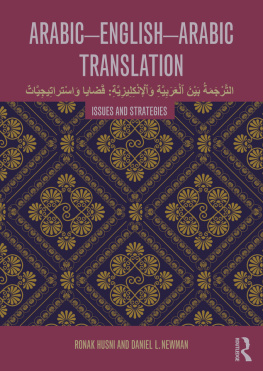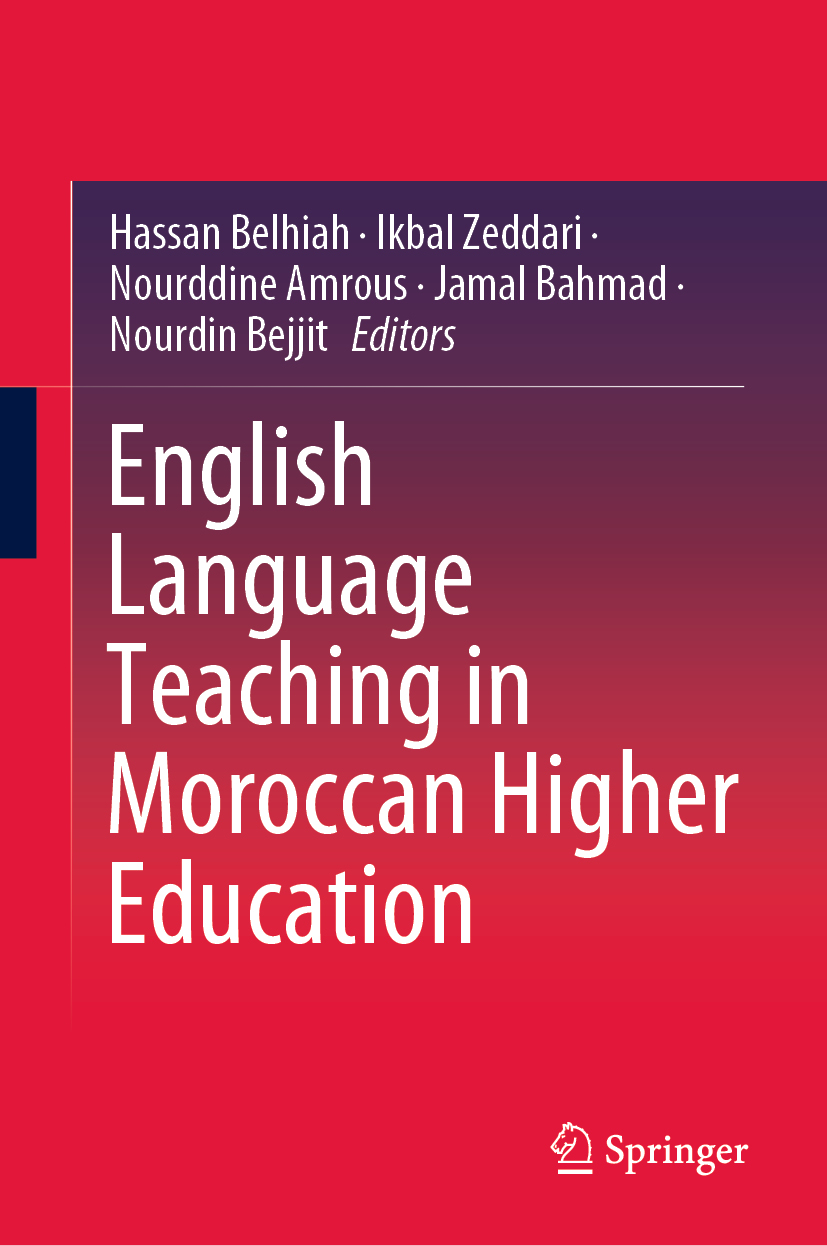Editors
Hassan Belhiah
Mohammed V University in Rabat, Rabat, Morocco
Ikbal Zeddari
Mohammed V University in Rabat, Rabat, Morocco
Nourddine Amrous
Mohammed V University in Rabat, Rabat, Morocco
Jamal Bahmad
Mohammed V University in Rabat, Rabat, Morocco
Nourdin Bejjit
Mohammed V University in Rabat, Rabat, Morocco
ISBN 978-981-15-3804-9 e-ISBN 978-981-15-3805-6
https://doi.org/10.1007/978-981-15-3805-6
Springer Nature Singapore Pte Ltd. 2020
This work is subject to copyright. All rights are reserved by the Publisher, whether the whole or part of the material is concerned, specifically the rights of translation, reprinting, reuse of illustrations, recitation, broadcasting, reproduction on microfilms or in any other physical way, and transmission or information storage and retrieval, electronic adaptation, computer software, or by similar or dissimilar methodology now known or hereafter developed.
The use of general descriptive names, registered names, trademarks, service marks, etc. in this publication does not imply, even in the absence of a specific statement, that such names are exempt from the relevant protective laws and regulations and therefore free for general use.
The publisher, the authors and the editors are safe to assume that the advice and information in this book are believed to be true and accurate at the date of publication. Neither the publisher nor the authors or the editors give a warranty, expressed or implied, with respect to the material contained herein or for any errors or omissions that may have been made. The publisher remains neutral with regard to jurisdictional claims in published maps and institutional affiliations.
This Springer imprint is published by the registered company Springer Nature Singapore Pte Ltd.
The registered company address is: 152 Beach Road, #21-01/04 Gateway East, Singapore 189721, Singapore
Foreword
Why teach English in Moroccan universities? First, there was the need for teachers of English in Moroccan schools, and then came the demand for English in the new universities in the 80s and 90s. The more recent perspectives are concerned with the global character of English as a lingua franca of world affairs and with the place of English in the educational system as a medium of instruction beside, or instead of, Arabic and French.
Social and political motivation in the country also kept changing. British and American cultures and their important place in world affairs piqued curiosity and raised interest. Stories, tales, and legends about the English from the distant Tangiers international enclave entered popular urban lore. American GIs landing in Casablanca in the early 1940s and the fruitful business transactions with military personnel during the Second World War years brought English closer to daily reality mostly in areas where American bases were established. Social attitudes were generally positive, and English had friendly connotations; it was not the language of the colonizers. The 1960s and 1970s saw the baby boom generations coming of age and eyes turning to European music and cinema with American and English stars gaining more and more fans among the youth. American cultural influence became so preponderant in Europe that France started calling for a cultural exception which they ended up introducing as a concept in the 1993 GATT treaties. In Morocco, the popularity of US music and movies kept increasing, demonstrating clearly why the French and other Europeans neededlexception culturelle.
Nowadays, the program of such major cultural events as the annualMawazinein the capital city of Rabat leaves no room for doubt as to the place of US musical genres in the country. The World Wide Web and social media have now made English more vital for access to information and to well sought cultural products, and they brought them closer to a much wider section of the population in urban and rural areas. As a result, calls for using English as a medium of instruction in schools and in universities seem quite natural and surprise no one. Young peoples attitude toward the switch from French to English is generally positive as their proficiency in English is getting better and better. 90% of the candidates for admission to Al Akhawayn University in Ifrane (the first English medium university in the country) needed preparation at the Language Center in 1990s; nowadays, less than 50% need EFL preparation before they start their academic program, all in English.
The present volume comes at the right time to shed light on the situation of English in higher education. Oddly enough, little research has dealt with the evolution and development of English in Morocco. A few publications, dissertations, and theses have chosen to deal with multilingualism and attitudes toward languages, including English, with the process of Arabization and its challenges, and with students language attitudes and motivation. The chapters of this book all start from English as the main focus, relating their study to the English department as an institutional unit, to student motivation, to pedagogy and effective instruction and learning, to challenges to good practices, and to employability of students of English. In our messy multilingual environment, what is implicit in the discussions is the competition for linguistic capital and the symbolic power that goes with it.
Looking forward, we should be considering new approaches to teaching English that would benefit from the global power, symbolic and other, that comes to us with English. Moroccan teachers of English, as a professional body, have produced excellent results. We should keep up the good work by enabling our students to attain enough English language mastery, in fluency and accuracy. We should also make sure that the same students take away with them knowledge, preferably taught in English, that all modern citizens need to have. They should learn about their country and their identity, and their place in the world. They should also take away with them the bases for a professional career in business, in law, in the social sciences, in the arts, in the physical sciences, or in whatever discipline or domain that could get them started as active citizens. This should also open the way for them to pursue the same interests at a higher level of study to gain mastery and expertise. Nascent ideas for a reform of English studies seem to be going in that direction. Let us keep an eye out for any such developments and reserve a volume like this one to describe and evaluate.
Mohammed Dahbi
Ifrane, Morocco
June 2019

